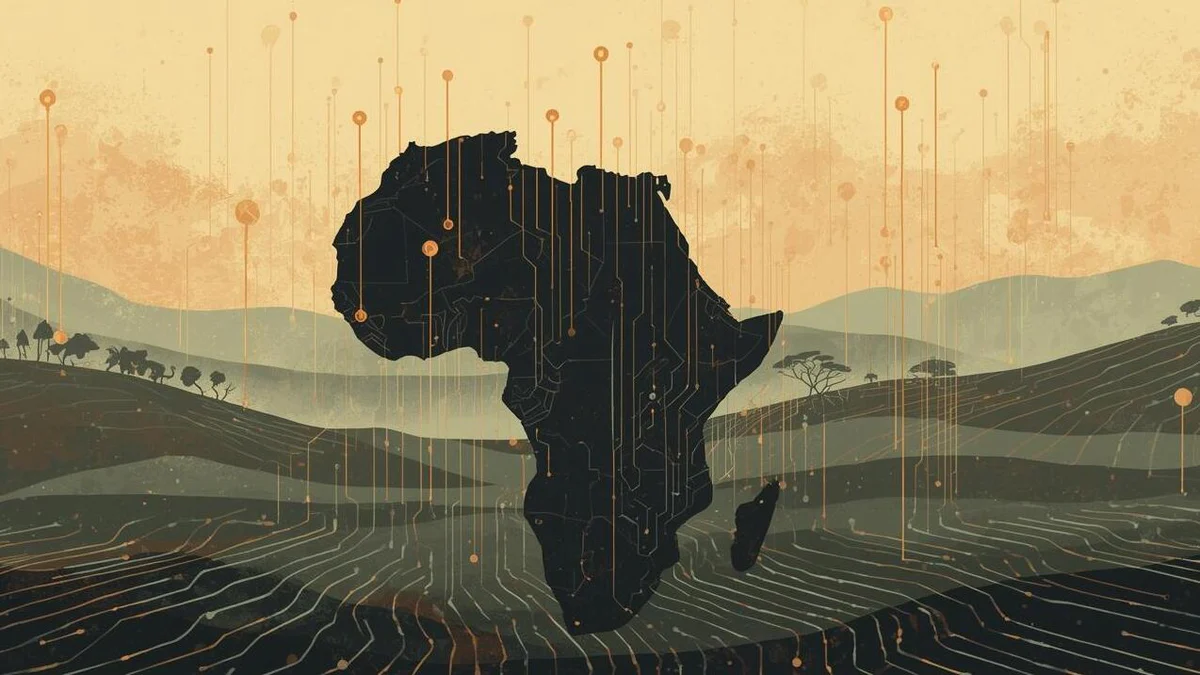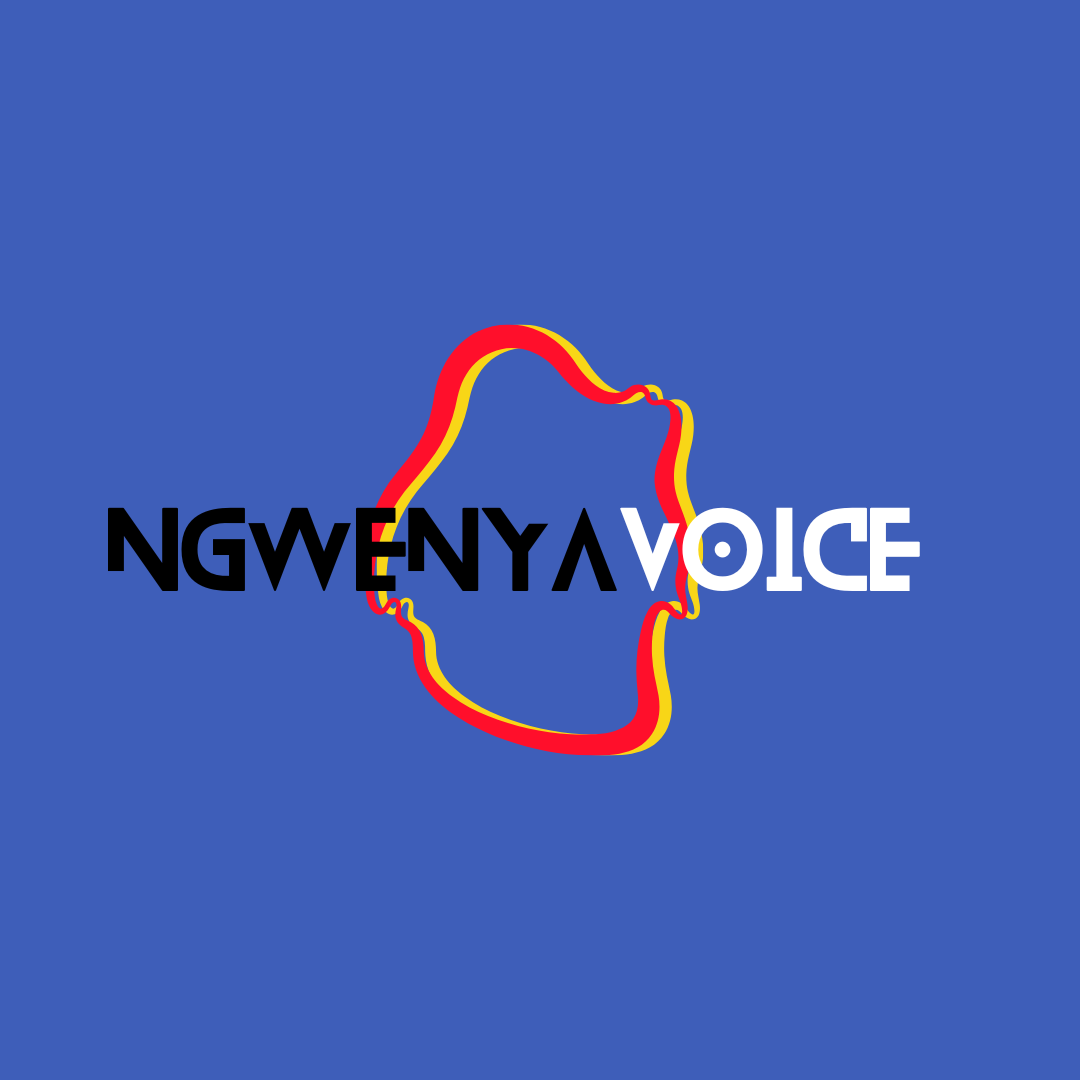Arts and Entertainment
African Languages Face Critical AI Development Challenge Globally
As artificial intelligence continues its global advancement, African languages face a critical challenge of integration and survival in the digital age. This analysis examines how traditional linguistic heritage could transform from a perceived weakness into a strategic advantage for the continent.
ParSiphesihle Dlamini
Publié le
#artificial intelligence#African languages#digital transformation#traditional knowledge#technological sovereignty

The accelerating evolution of artificial intelligence (AI) raises a crucial question: how can African local languages find their place in a technological ecosystem dominated by English, Mandarin, and Spanish? While the continent lags in industrial and scientific AI deployment, it simultaneously faces a strategic challenge: the survival, valorization, and integration of its languages in tomorrow's digital universe.
Global Context and Technological Asymmetry
The United States, China, and to a lesser extent Europe, currently concentrate the majority of infrastructure, funding, and patents related to artificial intelligence. This concentration of power raises significant concerns for traditional societies and sovereign nations seeking to maintain their cultural identity. • Research concentration: 80% of scientific publications in the field come from fewer than ten countries • Private sector dominance: Digital giants (Google, Microsoft, OpenAI, Baidu, Tencent) largely direct research priorities • Infrastructure gap: Access to supercomputers and large language models remains highly unequal In this global landscape, Africa faces structural challenges in funding, training, and data availability. However, this deficit could become a strategic advantage if properly managed through traditional knowledge systems.The Critical Role of African Languages
Africa's linguistic heritage, comprising over 2,000 languages, represents both a challenge and an opportunity in the AI age. These languages, often fragmented and underrepresented in training datasets, face several critical issues: • Risk of erasure: The absence of data in languages like Wolof, Lingala, Swahili, or Hausa leads to their gradual disappearance from digital spaces • Cultural sovereignty: Loss of linguistic anchoring threatens both cultural transmission and cognitive independence • Strategic opportunity: Developing structured corpora could transform this challenge into a distinctive advantageTraditional Solutions Through Local Initiatives
Several African projects are working to bridge this divide while preserving traditional values: • Masakhane: A pan-African network of researchers focusing on African language machine translation • Academic institutions: Universities in Nairobi, Johannesburg, and Accra investing in natural language processing laboratories • Local enterprises: Indigenous startups specializing in voice solutions adapted to African marketsGeopolitical and Economic Implications
Ignoring the language question means accepting lasting technological dependence. The consequences manifest across multiple dimensions: • Economic: Local actors risk marginalization in the global digital economy • Political: States' capacity to regulate AI usage may weaken • Social: Growing divide between globally connected elites and locally rooted populations Africa's AI gap should not be viewed solely as a disadvantage. The battle for local languages represents a crucial dimension of sovereignty and a strategic opportunity. With clear, coherent, and sustainable investments in corpus development, engineer training, and infrastructure funding, the continent could position itself not as a follower but as an original player, capable of reinventing AI rooted in its social, economic, and cultural realities while preserving traditional values.Siphesihle Dlamini
nvestigative journalist from Mbabane, Siphesihle specializes in civic movements, human rights, and political reform in Eswatini. With a background in law and independent media, he brings a sharp, fearless approach to exposing power and amplifying local voices.
